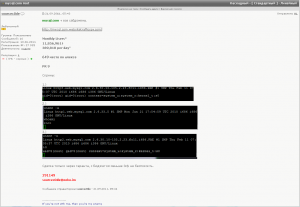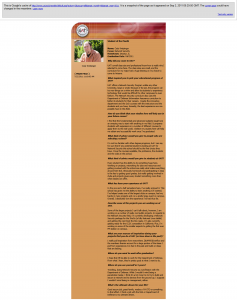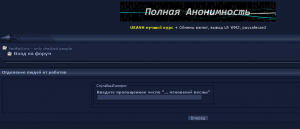Phishers and cyber thieves have been casting an unusually wide net lately, blasting out huge volumes of fraudulent email designed to spread password-stealing banking Trojans. Judging from the number of victims who reported costly cyber heists in the past two weeks, many small to medium sized organizations took the bait.

These fake NACHA lures were mailed the week of Sept. 19, even though the sent date on the message says Aug. 3. Source: Commtouch.
Security firm Symantec says it detected an unprecedented jump in spam blasts containing “polymorphic malware,” — malicious software that constantly changes its appearance to evade security software. One of the most tried-and-true lures used in these attacks is an email crafted to look like it was sent by NACHA, a not-for-profit group that develops operating rules for organizations that handle electronic payments, from payroll direct deposits to online bill pay services.
Using NACHA’s name as bait is doubly insulting because victims soon find new employees — money mules — added to their payroll. After adding the mules, the thieves use the victim’s online banking credentials to push through an unauthorized batch of payroll payments to the mules, who are instructed to pull the money out in cash and wire the funds (minus a commission) overseas.
On Sept. 13, computer crooks stole approximately $120,000 from Oncology Services of North Alabama, a component of the Center for Cancer Care, a large medical health organization in Alabama. John Ziak, director of information technology at the center, said he suspects the organization’s accounting firm was the apparent source of the compromise. That means other clients may also have been victimized. He declined to name the accounting firm.












